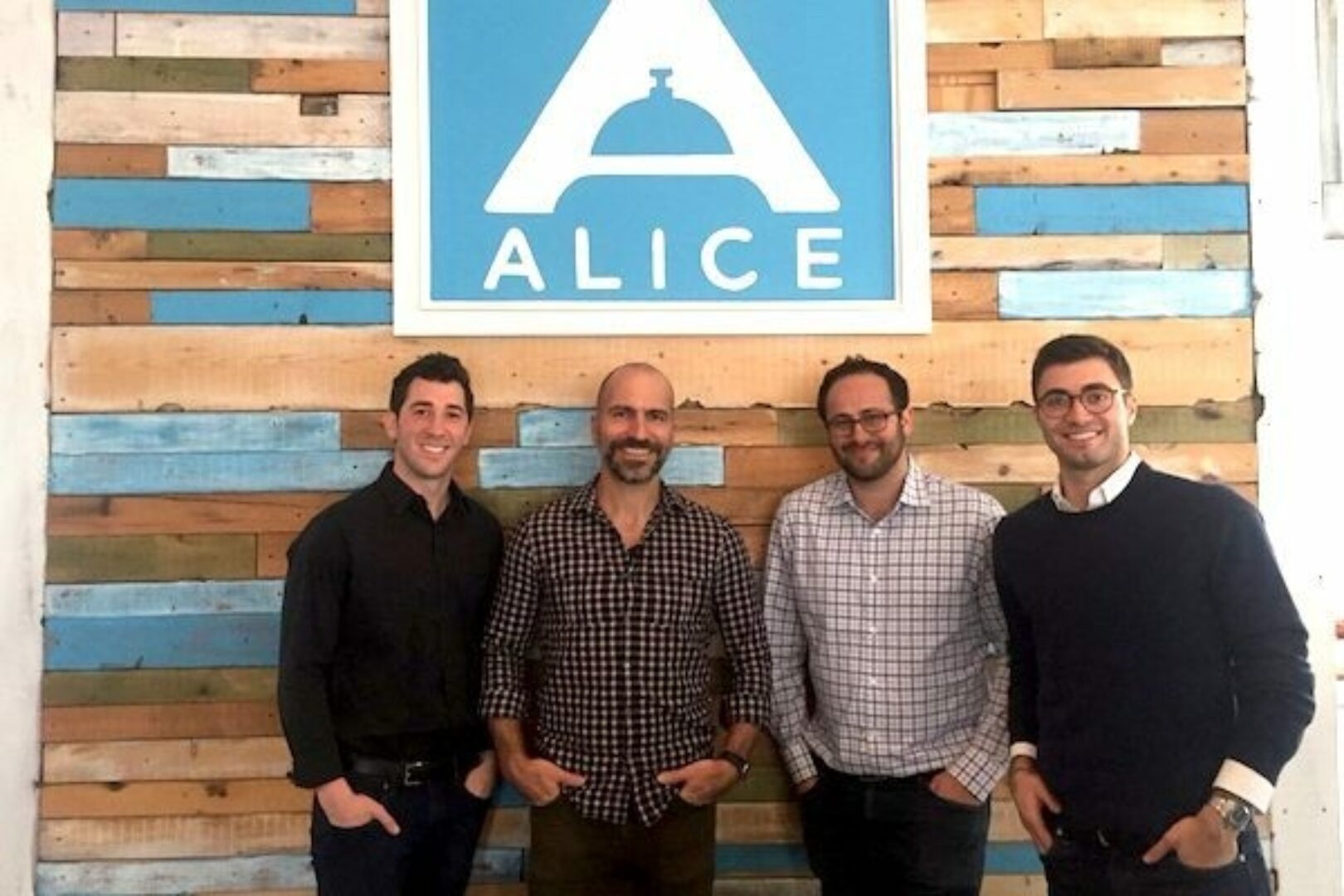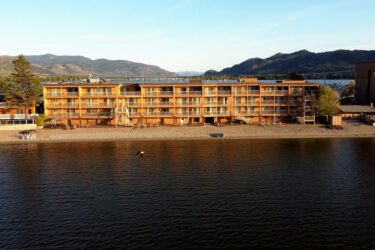
InnVest Hotels acquires The Algonquin Resort St. Andrews by‑the‑Sea, Autograph Collection and The Algonquin Golf Course
InnVest Hotels has acquired The Algonquin Resort St. Andrews by-the-Sea, Autograph Collection and The Algonquin Golf Course.
NEW YORK — Most hotels don’t have a playbook for how to pause operations or recommission properties after a partial or temporary closure. An operating platform called Alice offers ways to bring order and standardization to hotel operations. And there’s a free version to help hotels cope with COVID-19.

By Peter Mitham
NEW YORK — Necessity is the mother of invention, or so the saying goes, but when a crisis strikes, the last thing you want to be doing is making things up as you go along.
But ongoing restrictions on travel in response to the COVID-19 pandemic means many hotels are facing a scenario few managers outside of seasonal properties ever consider: shutting down. Most don’t have a playbook for how to pause operations or recommission properties after a partial or temporary closure.
“The processes are very refined in seasonal hotels, but not actually refined in any other hotel that’s not used to closing down,” said Dmitry Koltunov, co-founder and chief technology officer of Alice, an operating platform for hotels developed by New York-based FivePals Inc. Launched in 2013, the company has won financial backing from the likes of Expedia, which led a $26 million financing round for the startup in 2017.
Koltunov’s numbers indicate that 37 per cent of hotels have shut down completely for the duration of the pandemic while another 37 per cent are operating with low occupancy. Several operators in Canada have decided to shut down pending the resumption of normal business activities, but no one knows when public health officers will allow it.
“Nobody knows,” he said. “I’ve seen projections anywhere from April all the way out to August, and at that point you can’t actually plan. So people are temporarily shutting down their properties so they can minimize the cost.”
This is a question beyond just turning out the lights, locking the doors and setting a security alarm, as might be the case for a small business.
“You’re completely shutting off certain power grids, you may be taking down certain parts of the HVAC system,” Koltunov explained. “This is where if you don’t do it right, you’re going to really hurt when you reopen, so this is where the SOPs [standard operating procedures] are super critical.”
And it’s this necessity into which Koltunov and his team have thrown Alice, which helps bring order and standardization to every aspect of hotel operations from maintenance to housekeeping to concierge services and the front desk.
“We have a suite of tools for every single department that allows every staff member to do their best job,” Koltunov said. “Everything is tracked through the system, so a message turns into a task and a task turns into monitoring and alerting if it doesn’t happen.”
Unlike the old pen-and-paper tracking systems many hotels still use, each request to hotel staff or regular task becomes a file that’s tracked digitally. Photos and notes can be attached, updating team members on progress and making sure there’s accountability for getting the job done.
Alice is now deployed at more than 2,000 hotels including 75 in Canada. Hotels under the Marriott, Hilton and Coast flags use it. Two years ago, Alice’s concierge tool took top honours at the Hotel Technology Awards.
Now, a version has been released to help hotels manage a temporary shut down and reopening.
“There’s a bunch of steps that you need to do so you’re preventing a huge capital expenditure later,” Koltunov said. “There are things to do so that you can be more confident that you can reopen.”
The result is not only lower operating costs while closed, but more peace of mind. A standard protocol with documentation that certain tasks were done can also reduce liabilities and demonstrate that hotel resources – human and otherwise – were managed appropriately.
The new tool is available free of charge (www.aliceplatform.com/checklists). It a stripped-down version of the full platform focused on the specific needs of hotels during the pandemic, but just as useful.
“During the COVID-19 pandemic, our focus has been on the health and safety of our guests and ambassadors,” says Danny Dang, director of technology with Coast Hotels in Vancouver. “We wish we had Alice rolled out across all of our properties to take advantage of the efficiency, improved communications, and accountability it provides. With the current physical distancing protocols, the housekeeping module and guest communication that Alice affords is invaluable.”
With all signs pointing to the likelihood that physical distancing will continue for several months when normal operations resume, Koltunov said hotels that have got their protocols down pat will see a faster recovery than others.
“I think we’re going to start to live in a world that looks very different, and the level of accountability that people are going to need to have is going to go from a nice-to-have to a must-have,” he said. “You can’t remove [people’s] anxiety, but you can reduce it. If people have to travel or they want to travel, but they want to feel OK, then any hotel that really goes over the top on this will really gain marketshare.”
The payback is seen at Mexico’s Grupo Posadas, which operates 200 hotels across North America.
“[They’ve] taken their entire vision on how a hotel needs to operate, and they’ve actually implemented it digitally,” Kolunov explained. “A general manager not only sees that there’s a problem in the lobby but takes a photo of it and then creates a task associated with that check to resolve it. Then that task is being tracked and alerted if it doesn’t happen.”
Grupo Posadas has found that hotels that kept on top of the tasks and checks were able to secure higher average daily rates. Staff at the hotels receive bonuses for compliance, creating an incentive to maintain hotel performance.
“It’s basic stuff – checking that the things you intended to do are actually getting done,” Koltunov said. “This is an opportunity for hotel operators to rethink what it means to ensure their operations are operating the way that they designed them.”



InnVest Hotels has acquired The Algonquin Resort St. Andrews by-the-Sea, Autograph Collection and The Algonquin Golf Course.

The new owners of the famed Windermere House hotel and resort on Muskoka’s Lake Rosseau intend to revitalize the building and its amenities while preserving the property’s historical integrity.

Proactive Hospitality has acquired the Coast Osoyoos Beach Hotel, B.C. CFO Capital arranged acquisition financing for the deal.

Tribute Portfolio – part of Marriott Bonvoy's extraordinary portfolio of 31 hotel brands – continues to grow its global family of characterful hotels with Honeyrose Hotel Montreal, a Tribute Portfolio Hotel, the brand's…